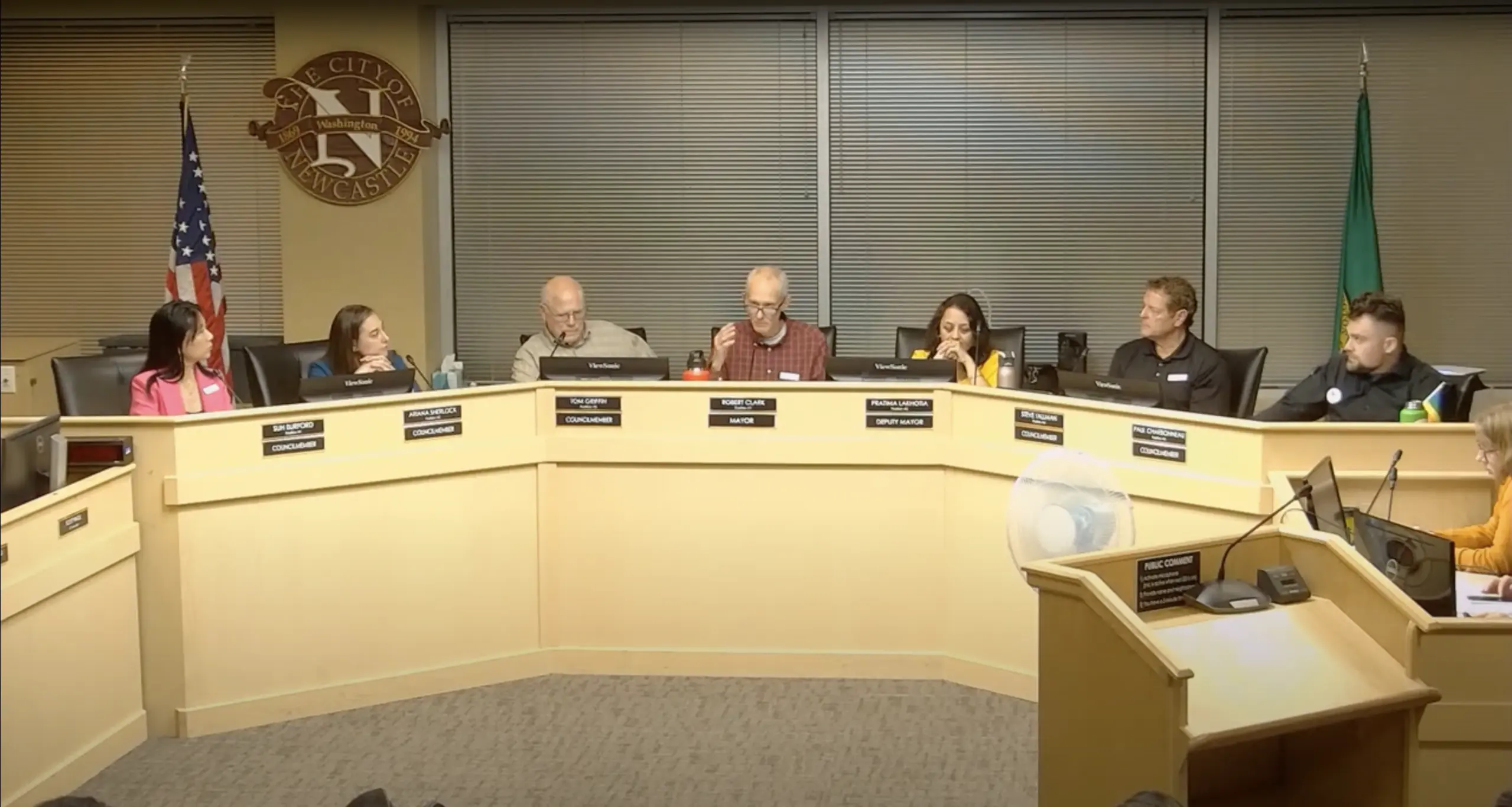
The Mayor Robert Clark, while giving his controversial speech at the Newcastle City Council session

The Mayor Robert Clark, while giving his controversial speech at the Newcastle City Council session
Welcome to our in-depth analysis of Mayor Clark's recent
speech regarding the Pride flag and its implications for the LGBTQ community in Newcastle City. In
this detailed Q&A format, we scrutinize the mayor's arguments, highlighting logical fallacies,
historical inaccuracies, biases, and the use of propaganda principles. This analysis aims to provide
a clear and comprehensive understanding of the legal, ethical, and practical issues raised in the
speech, ensuring transparency and promoting informed discussion within our community. Each question
addresses a specific statement from the mayor, followed by a thorough counter-argument to help
readers navigate the complexities of the discourse.
Watch the Speech:
This is the YouTube
video of Mayor Clark's speech for your reference: https://www.youtube.com/live/rCzZrkhkklw?si=LQoufkMlk0Jss1ee&t=11710